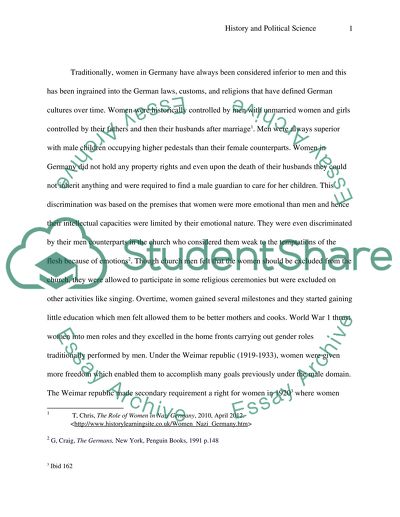Cite this document
(“History and Political Science. Examine the roles of men and women in Essay”, n.d.)
Retrieved from https://studentshare.org/history/1397874-examine-the-roles-of-men-and-women-in-fascist
Retrieved from https://studentshare.org/history/1397874-examine-the-roles-of-men-and-women-in-fascist
(History and Political Science. Examine the Roles of Men and Women in Essay)
https://studentshare.org/history/1397874-examine-the-roles-of-men-and-women-in-fascist.
https://studentshare.org/history/1397874-examine-the-roles-of-men-and-women-in-fascist.
“History and Political Science. Examine the Roles of Men and Women in Essay”, n.d. https://studentshare.org/history/1397874-examine-the-roles-of-men-and-women-in-fascist.


